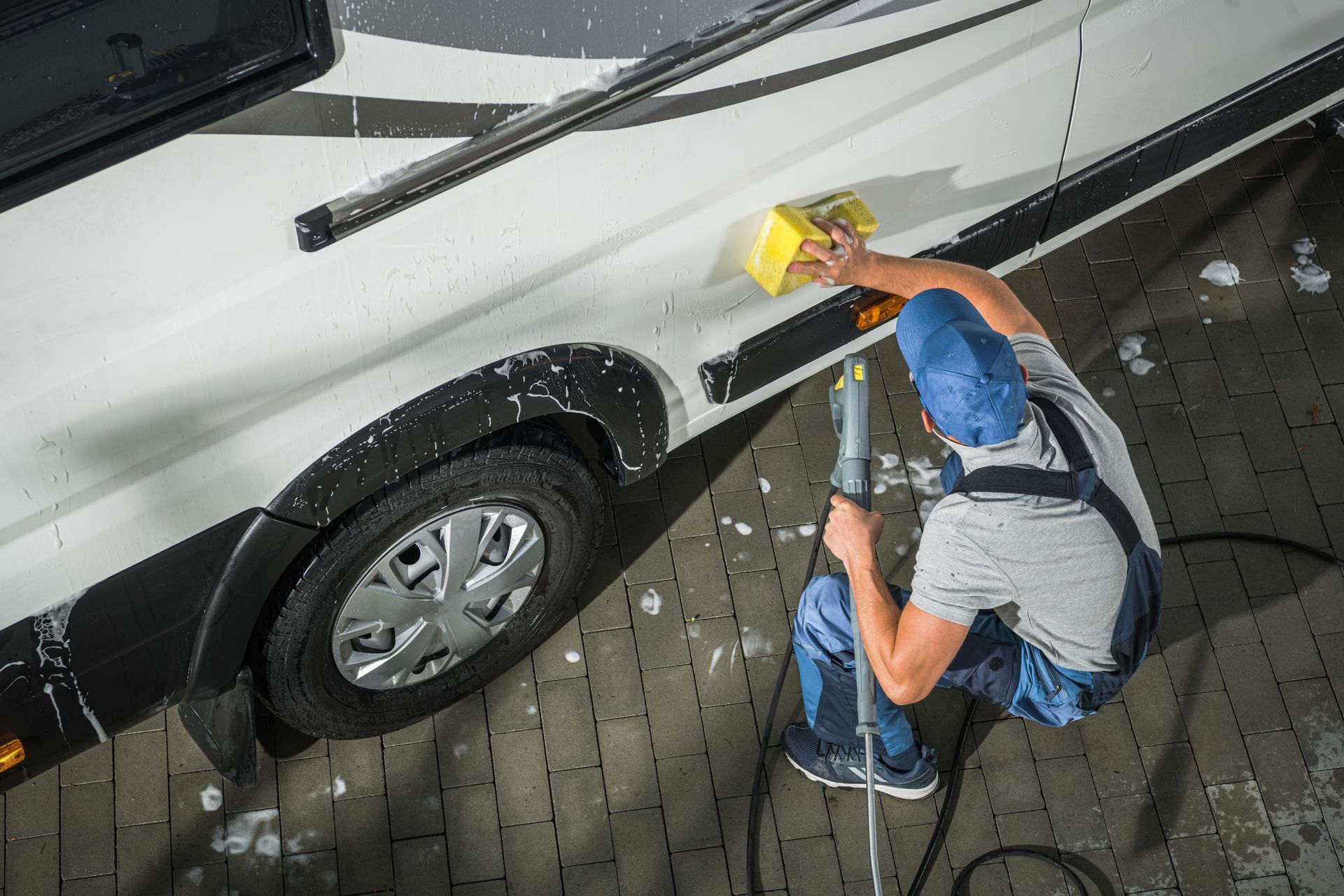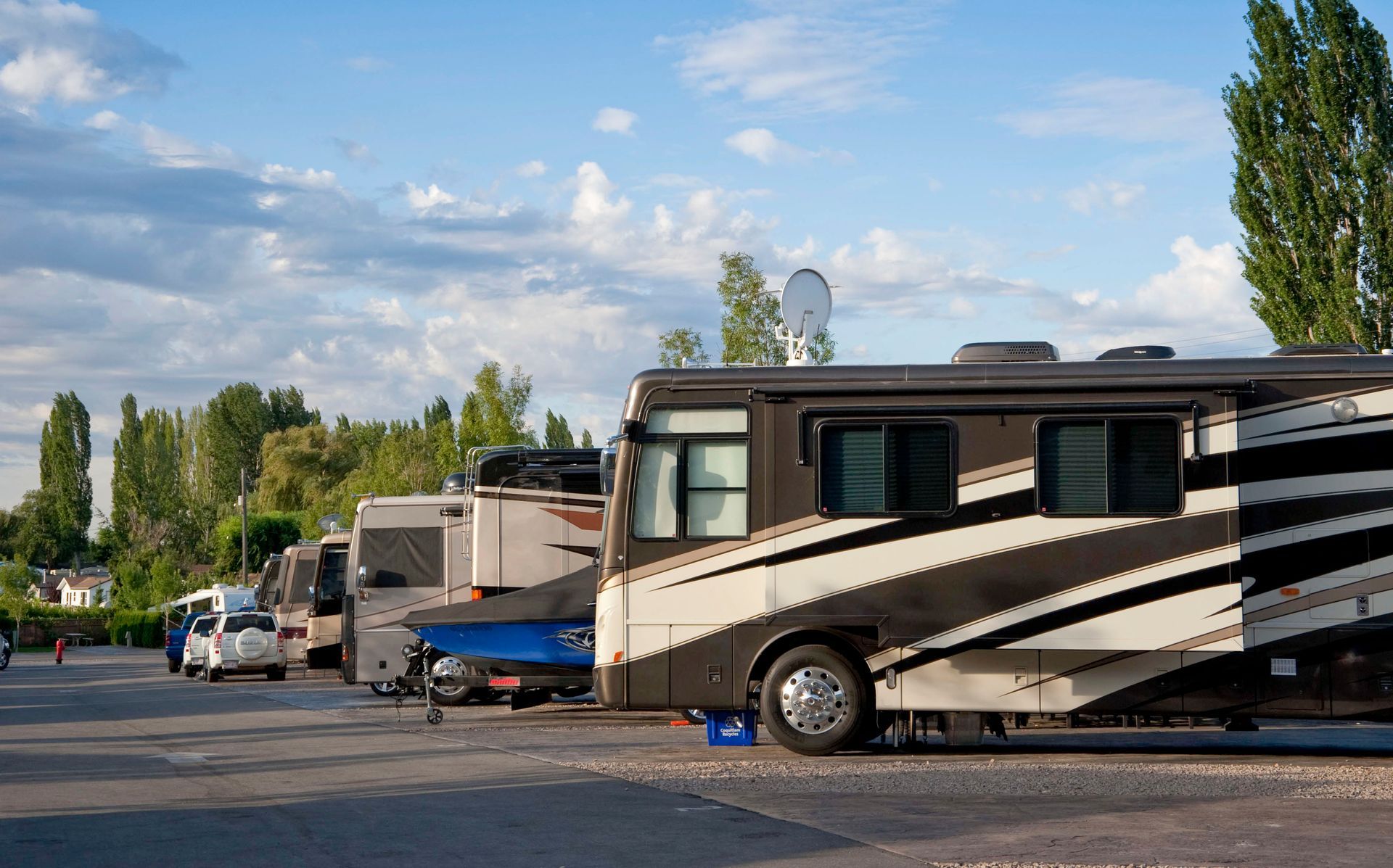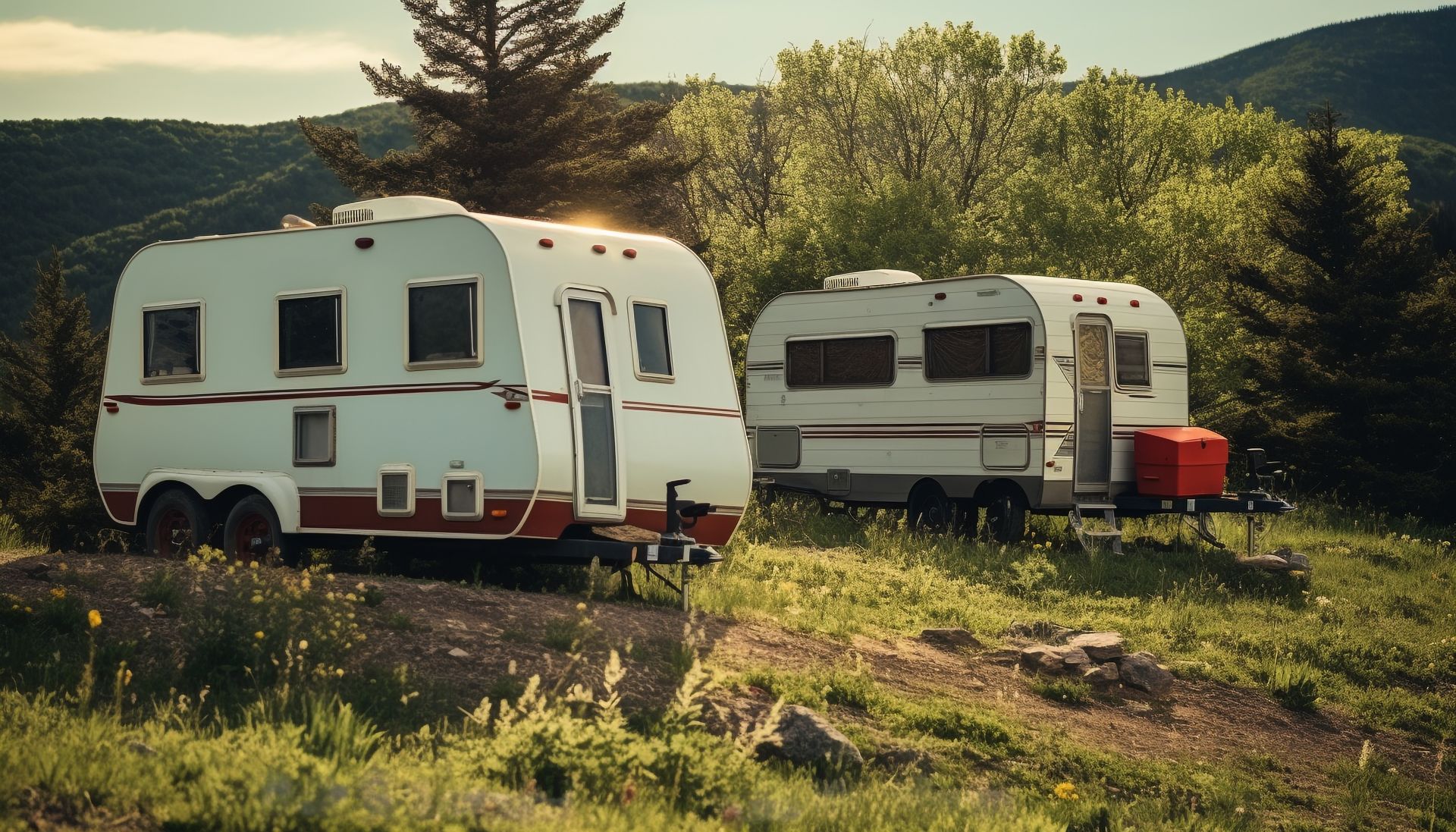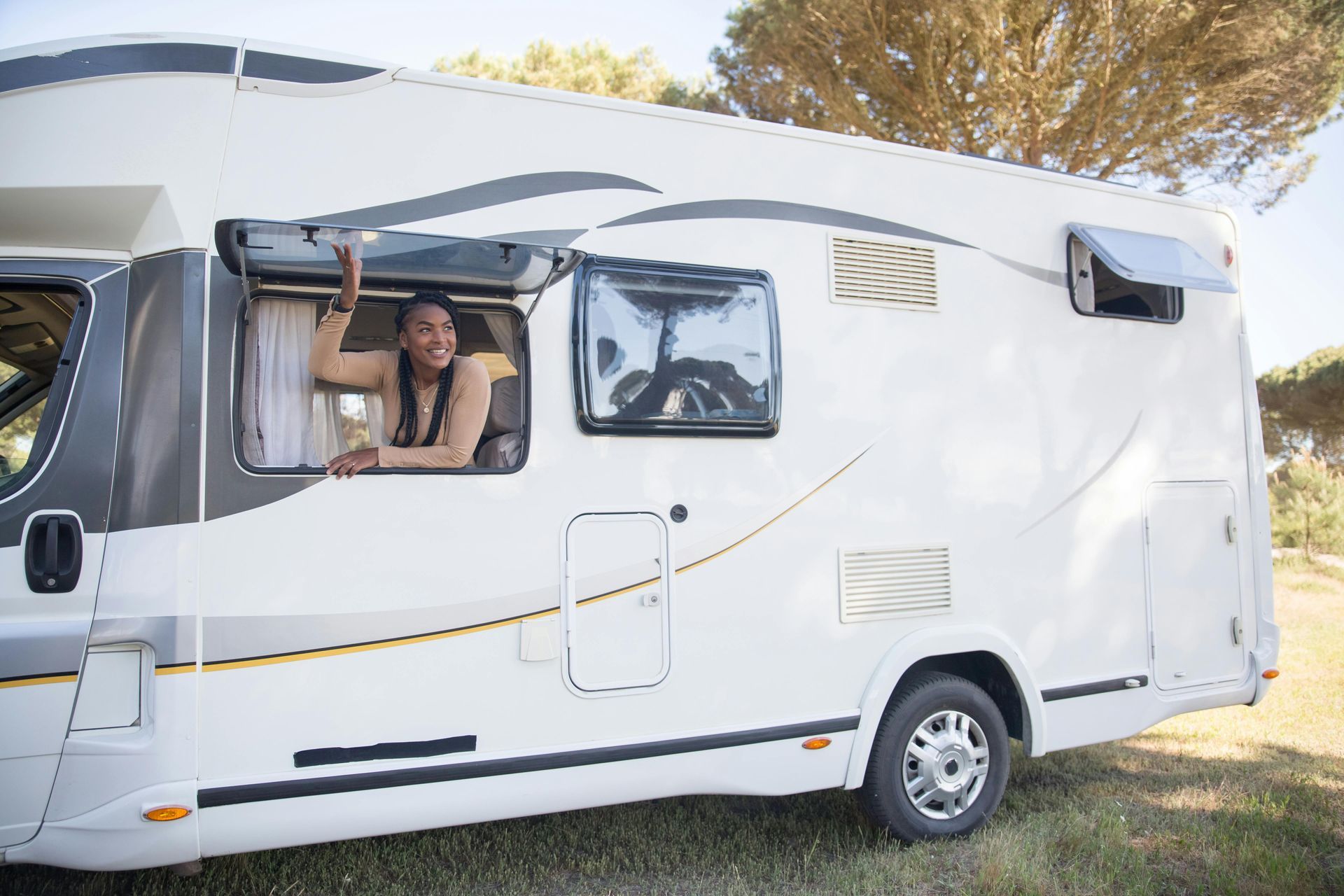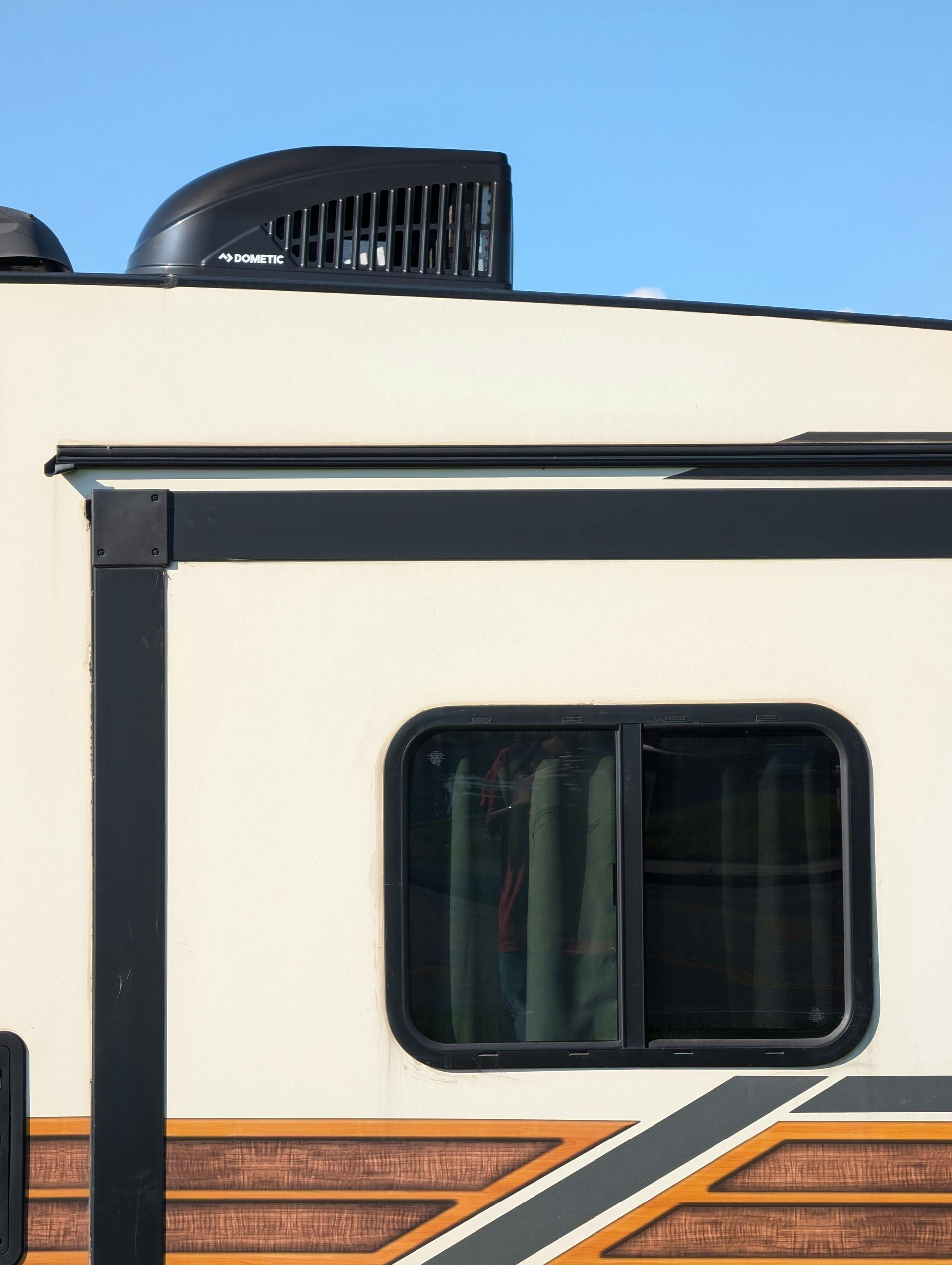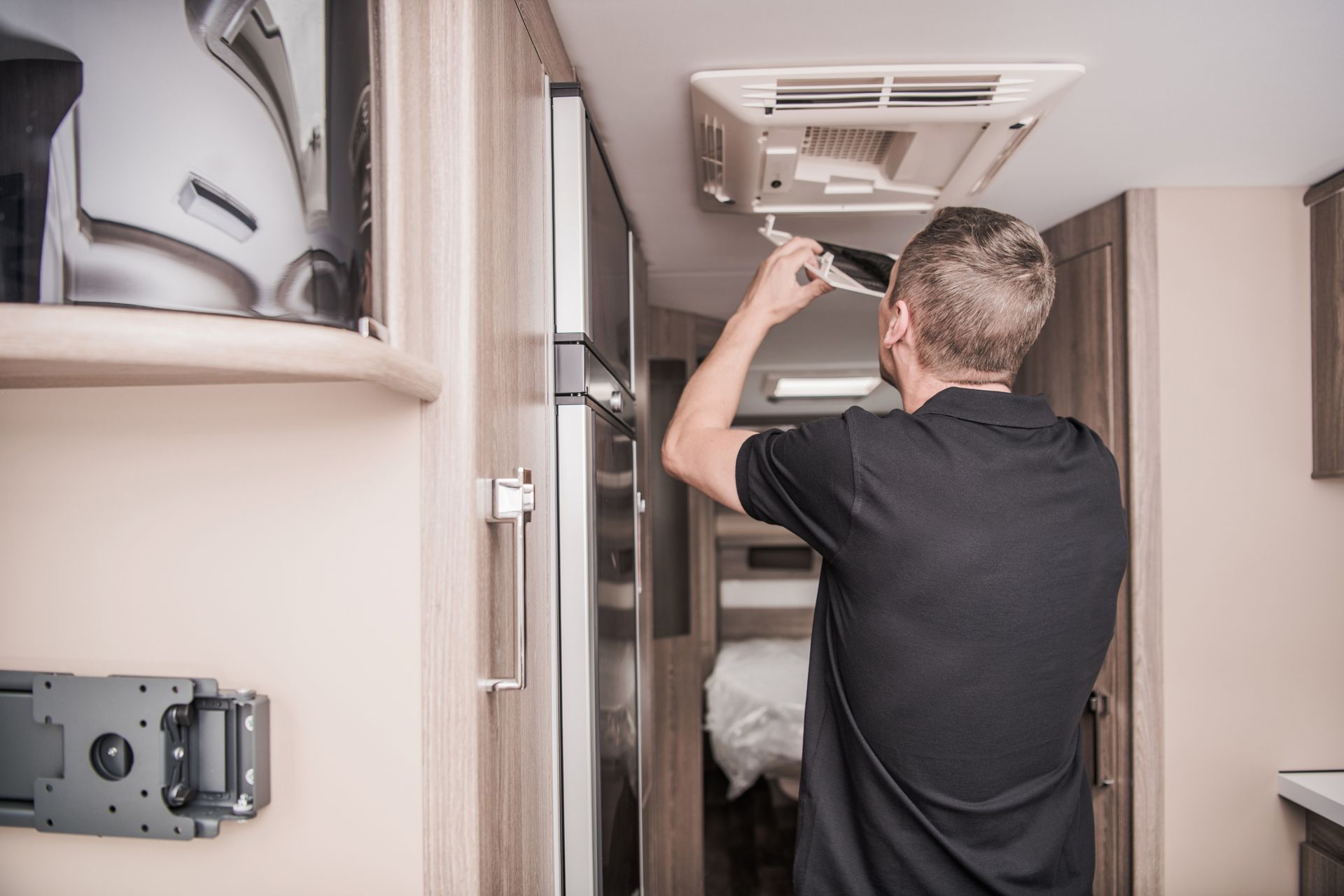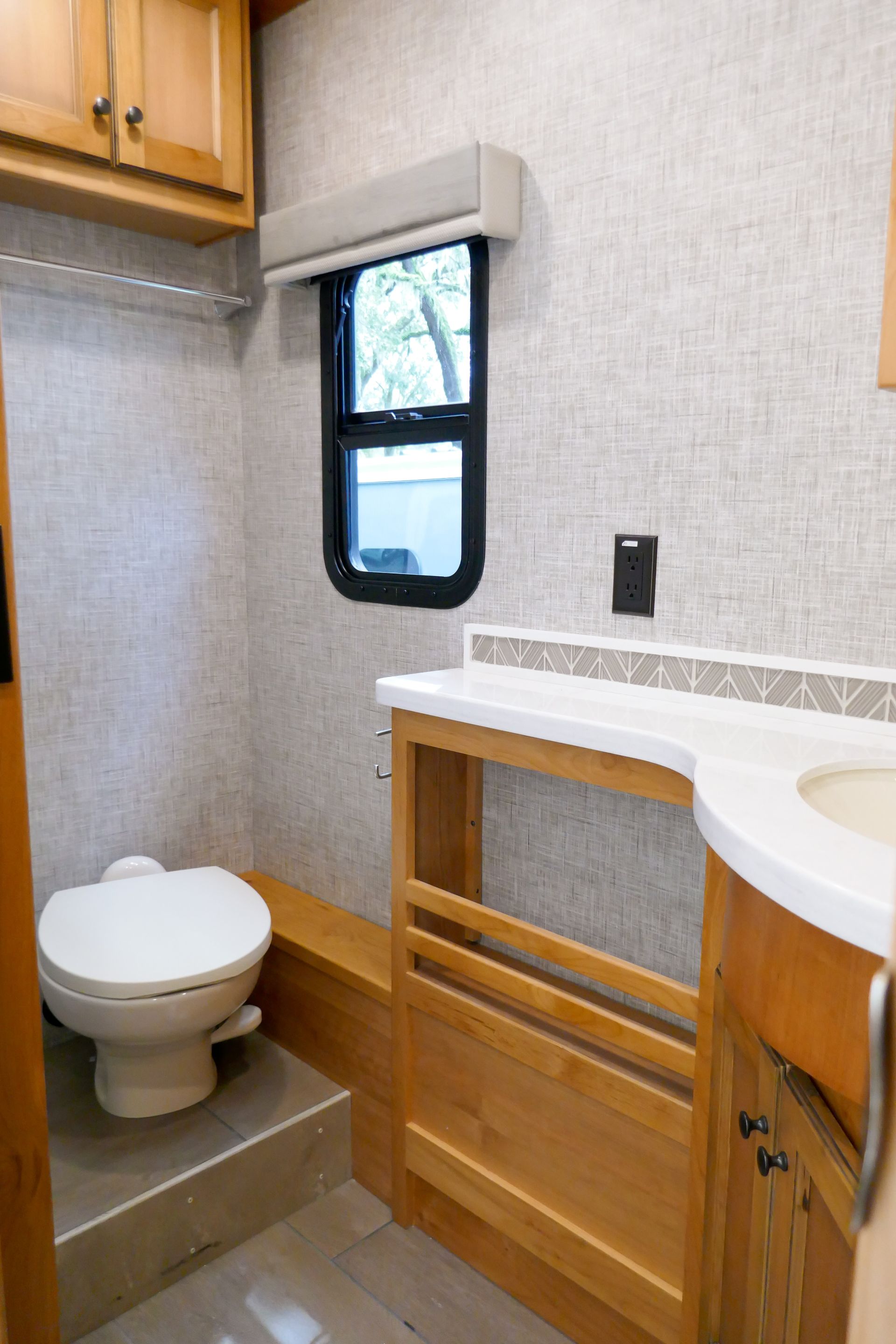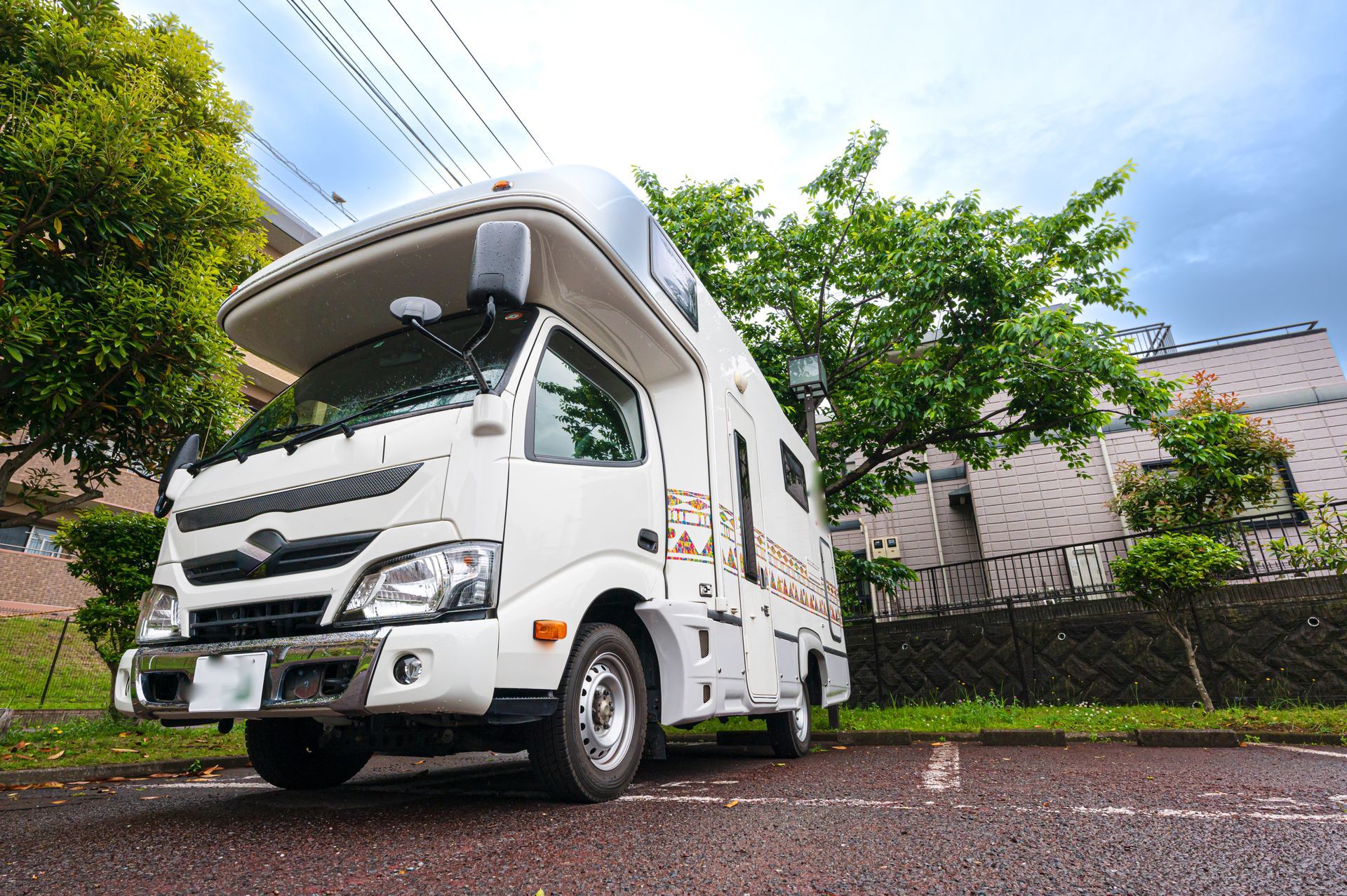Preparing Your RV for Long-Term Storage
When it's time to put your RV into long-term storage, it's crucial to take the necessary steps to ensure it remains in good condition. Proper preparation can prevent costly repairs and ensure that your RV is ready to hit the road when you are. At
Temple RV Repair in Rockwell, NC, we specialize in helping RV owners like you keep their vehicles in top shape, even during periods of inactivity. Here's a comprehensive guide to preparing your RV for long-term storage.
Clean and Inspect Thoroughly
For successful long-term storage, a spotless RV is key. Start by giving it a meticulous cleaning, everywhere. This not only keeps your RV looking good but also helps prevent damage from dirt, mold, and pests.
Exterior Cleaning
- Wash and Wax: Start by washing the exterior of your RV. Wash with a gentle cleanser and water, making sure to remove all soap residue with a final rinse. Once it's clean, apply a good quality wax to protect the paint and finish from the elements.
- Inspect Seals and Seams: Check all seals and seams for cracks or gaps. Reseal any areas that look worn or damaged to prevent water intrusion.
- Tire Care: Clean your tires and inspect them for wear and damage. Inflate them to the recommended pressure and consider using tire covers to protect them from UV rays.
Interior Cleaning
- Remove Perishables: Clear out all perishable food items to avoid attracting pests.
- Clean Appliances: Clean the refrigerator, microwave, stove, and other appliances. Leave the refrigerator door open to prevent mold and odors.
- Vacuum and Dust: Vacuum carpets and upholstery, and dust all surfaces. This helps keep your RV smelling fresh and reduces the risk of pest infestations.
Protecting the Mechanical Systems
Protecting the mechanical systems of your RV is essential for maintaining its longevity and performance.
Engine and Batteries
- Change Oil and Filters: If your RV has an engine, change the oil and filters before storage. This prevents old oil from degrading and causing damage.
- Add Fuel Stabilizer: Add a fuel stabilizer to the gas tank to prevent the fuel from breaking down and causing engine problems.
- Disconnect Batteries: Disconnect the batteries to prevent them from draining. Store them in a cool, dry place. For longer storage periods, consider using a trickle charger.
Plumbing System
- Drain Water System: Completely drain the water system, including the water heater, holding tanks, and all water lines. If you have one, use an air compressor to get rid of any leftover water to minimize the risk of mold or mildew growth.
- Add Antifreeze: Add RV antifreeze to the plumbing system to prevent any remaining water from freezing and causing damage.
Pest Prevention
Pests can cause significant damage to your RV if left unchecked. Taking preventative measures can save you from expensive repairs.
Sealing Entry Points
- Inspect for Gaps: Inspect the exterior for any gaps or openings that could allow pests to enter. Seal these with caulk or foam.
- Vent Covers: Install vent covers on all exterior vents to prevent pests from entering.
Deterrents and Traps
- Natural Deterrents: Use natural pest deterrents like peppermint oil or mothballs inside your RV to keep pests away.
- Traps and Baits: Set traps and baits around your RV to catch any pests that might find their way in.
Climate Control and Ventilation
Proper climate control and ventilation are vital to prevent mold, mildew, and other issues that can arise from prolonged storage.
Moisture Control
- Dehumidifiers: Place a dehumidifier inside your RV to keep moisture levels low.
- Moisture Absorbers: Use moisture absorbers like silica gel or DampRid in various areas of your RV.
Ventilation
- Roof Vents: Leave roof vents slightly open to allow for air circulation. Consider using vent covers to keep out rain and debris.
- Window Shades: Close all window shades to protect the interior from sun damage.
Covering and Storing Your RV
Properly covering and storing your RV protects it from the elements and prolongs its life.
Choosing a Storage Location
- Indoor vs. Outdoor: If possible, store your RV indoors to protect it from the weather. If indoor storage is not an option, choose a shaded, well-drained area.
- Security: Ensure the storage location is secure to prevent theft and vandalism.
Using an RV Cover
- Quality Cover: Invest in a high-quality RV cover that fits your vehicle properly. A good cover protects against UV rays, rain, snow, and dirt.
- Covering Tips: Secure the cover tightly to prevent it from flapping in the wind and causing damage. Make sure vents are not obstructed to allow for air circulation.
Contact Temple RV Repair Today!
At
Temple RV Repair, we understand how important your RV is to you. Whether you're planning a long trip or need to store your RV for an extended period, our team of experts is here to help. We offer a range of services, including
mobile work,
RV storage, and
in-shop work, to ensure your RV is ready for any adventure. Contact us today at
(704) 471-4949 to schedule an appointment or to learn more about our services. Let us help you keep your RV in top condition, so you can focus on enjoying the open road.
Frequently Asked Questions
How often should I start my RV during long-term storage?
It's recommended to start your RV and let it run for about 30 minutes every month. This helps keep the engine and other mechanical systems in good condition.
Can I store my RV with the propane tanks attached?
It's best to remove propane tanks and store them in a well-ventilated area away from your RV. If you must leave them attached, ensure they are turned off and all connections are secure.
Should I cover my RV during storage?
Yes, covering your RV is highly recommended. A quality cover protects against UV rays, weather, and dirt, helping to maintain your RV's exterior and interior.
How do I prevent my RV tires from developing flat spots during storage?
To prevent flat spots, inflate your tires to the manufacturer's recommended pressure. Consider using tire cradles or moving your RV periodically to change the weight distribution.
Is it necessary to use RV antifreeze in the plumbing system?
Yes, using RV antifreeze in the plumbing system is essential to prevent any residual water from freezing and causing damage to pipes and fittings.
